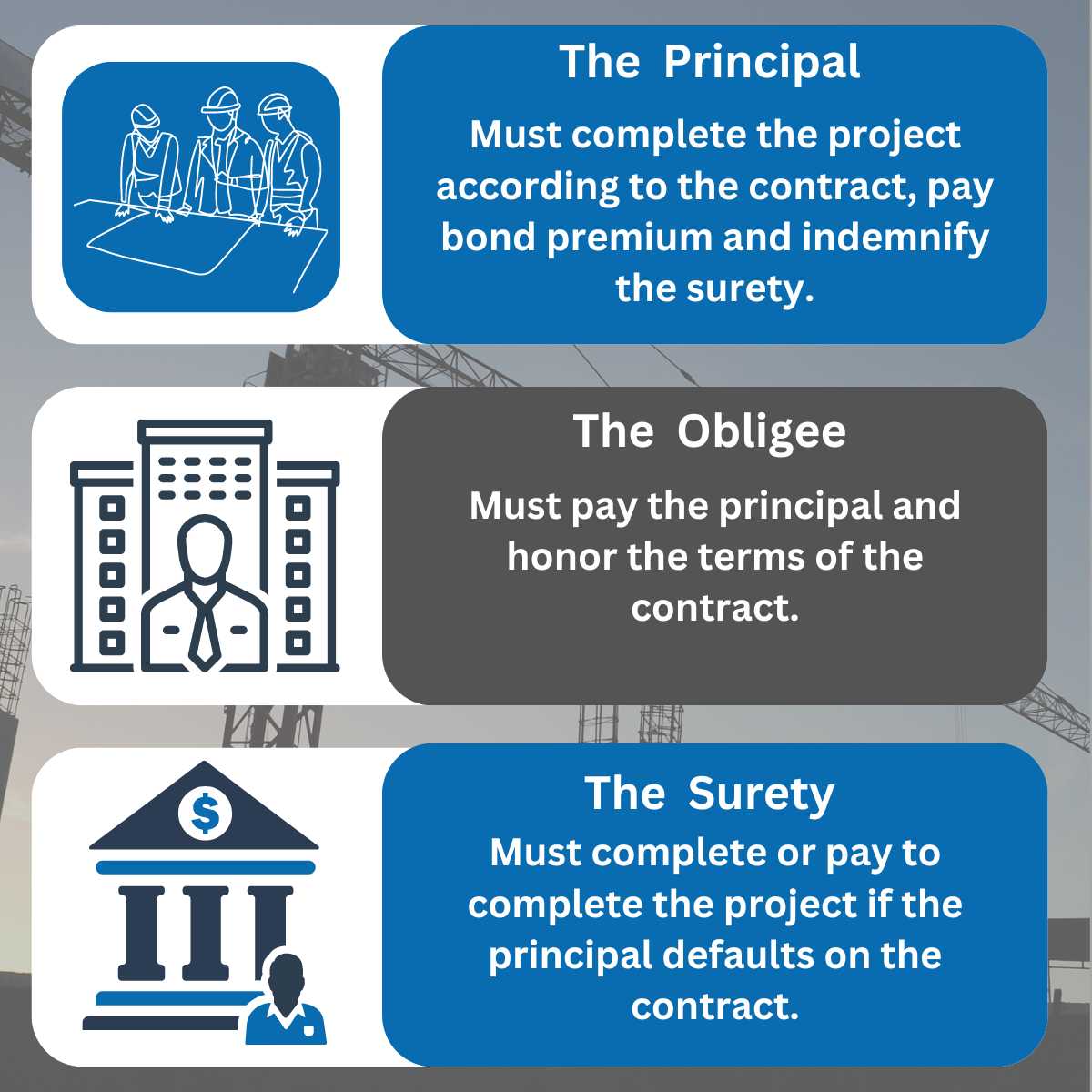Introduction
When it comes to running a business, one of the essential steps is obtaining the necessary licenses. Whether you’re starting a new venture or expanding an existing one, understanding how to prepare for a successful licensing application is crucial. A well-prepared application not only enhances your chances of approval but also sets the foundation for your operations. This guide provides comprehensive insights into every aspect of the licensing process, ensuring you're well-equipped to submit an effective application.
Understanding Licensing Requirements
What Is a Licensing Application?
A licensing application is a formal request submitted to a governmental authority or regulatory body seeking permission to operate a business or engage in specific activities. This can include professions ranging from healthcare and real estate to construction and food service.
Why Is It Important to Be Licensed, Bonded, and Insured?
Being licensed, bonded, and insured is vital for several reasons:
- Legal Compliance: Operating without the required licenses can lead to hefty fines or shutdowns. Trustworthiness: Clients are more likely to engage with businesses that demonstrate legitimacy through proper licensing. Financial Protection: Bonds protect clients in case of financial disputes, while insurance covers liabilities arising from unforeseen incidents.
Step-by-Step Guide on How to Prepare for a Successful Licensing Application
1. Research Your Industry's Licensing Requirements
Understanding State Laws and Regulations
Each state has its own set of rules regarding which licenses are required for different industries. Familiarize yourself with these regulations by visiting state websites or consulting industry associations.
Identifying Required Documentation
Make a list of all documents needed for your specific license type:
- Business plans Financial statements Proof of identity Background checks
2. Gather Essential Business Information
Business Structure and Ownership Details
Your business structure—whether sole proprietorship, partnership, LLC, or corporation—will determine some licensing requirements. Ensure that you have all ownership details documented clearly.
Financial Records
Prepare financial records showing your capability to sustain operations post-license approval. This includes:
- Bank statements Tax returns Profit and loss statements
3. Create a Comprehensive Business Plan
Importance of Planning Ahead
A detailed business plan demonstrates your understanding of market conditions and operational strategies. Include sections on:
- Market analysis Marketing strategies Financial projections
Tailoring Your Plan for Licensing Needs
Ensure that your business plan addresses any specific requirements outlined by the licensing authority.
4. Complete Necessary Training or Certification Programs
Meeting Professional Standards
Certain industries require individuals to undergo training programs before applying for licenses. Ensure you complete these programs promptly as they might take time.
Keeping Track of Certifications
Maintain documentation proving completion of necessary training programs as part of your application package.
5. Preparing Application Forms
Understanding Form Requirements
Carefully read through each section of the application forms. Missing information can license and permit bonds explained lead to delays or denials.
Common Mistakes in Applications
Avoid common pitfalls such as:
- Incomplete sections Misspelled words Incorrectly filled out forms
How to Prepare for a Successful Licensing Application: Tips and Strategies
6. Develop a Timeline for Submission
Planning Your Approach
Create a timeline detailing each step leading up to submission day. This should include deadlines for gathering documents and completing forms.
7. Seek Professional Help When Needed
Consulting Legal Experts
If you're unsure about any aspect of the application process, consider hiring legal counsel experienced in licensing matters.
Engaging with Industry Professionals
Networking with others in your industry can provide insights into their experiences with similar applications.
Common Challenges During the Application Process
8. Dealing with Delays in Processing Times
Understanding Processing Times
Be prepared for potential delays due to high volumes or incomplete applications.
9. Responding Effectively to Requests for Additional Information
Maintaining Open Communication
If requested information is needed after submission, respond promptly and thoroughly.

The Importance of Compliance Post-Licensing
10. Adhering to Regulatory Standards After Approval
Once you've obtained your license, ongoing compliance is essential:
- Regular audits Renewing licenses on time Staying updated with changing laws
FAQs About Licensing Applications
What types of businesses require licenses?
Most professional services—like plumbing, electrical work, real estate brokerage—require licenses based on local regulations.
How long does it take to get licensed?
The timeframe varies significantly depending on the industry and jurisdiction; it can take anywhere from weeks to months.
Can I apply for multiple licenses at once?
Yes! If you're operating in different industries requiring separate licenses, you can apply simultaneously but ensure that each application meets its specific requirements.
What if my application gets denied?
Review the reasons provided by the licensing authority carefully; often there’s an opportunity for appeal or resubmission after addressing concerns.
Is it mandatory to be bonded and insured when applying?
While not always mandated, being licensed, bonded, and insured strengthens your application's credibility and demonstrates professionalism.
Conclusion
Navigating the licensing application process doesn't have to be overwhelming if approached systematically. By following this comprehensive guide on how to prepare for a successful licensing application, you'll position yourself favorably in front of regulatory authorities while ensuring compliance post-license approval. Remember that thorough research combined with meticulous preparation will yield positive results in securing your business's future within legal parameters.
This article provides foundational knowledge along with practical strategies designed specifically around obtaining various types of licenses successfully while keeping critical aspects like being "licensed bonded insured" front-and-center throughout every stage!